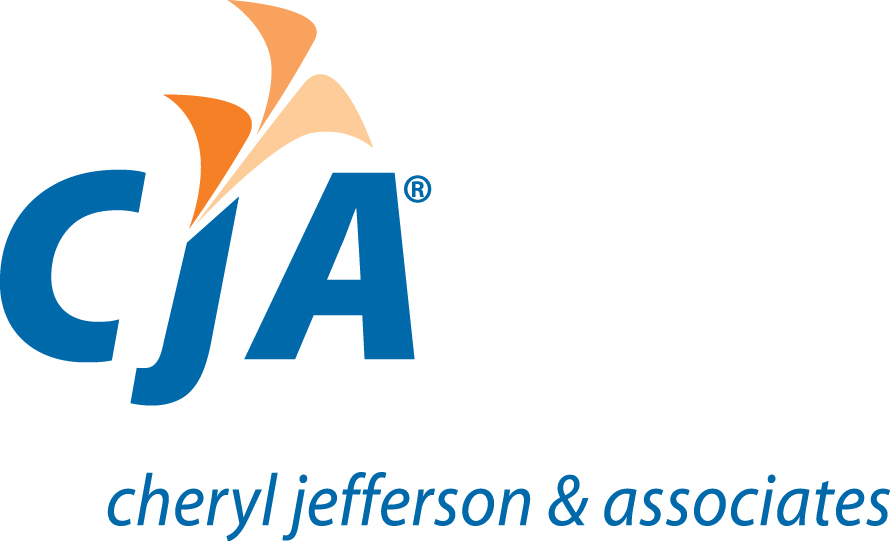Are Legal Costs Allowable or Unallowable for Government Contractors?
One of the most ambiguous things that a government contractor or their accountant has to deal with when making accounting entries is the allowability of legal fees and costs. The rules regarding these are quite complex, and the answer to whether or not legal costs for government contractors are allowed is not always easy to determine.
Why the Confusion?
Sometimes the government can be crystal clear about what they expect from contractors and in other instances it may not be as clear. This is a case of the latter as the allowability of legal costs is addressed in eight separate cost principles in the Federal Acquisition Regulation (FAR). Whether or not legal fees are covered comes down to two things: the nature of the services provided and the outcome of the case. It is also possible that legal costs can be covered as “directly associated costs” with other unallowable costs.
Covered Legal Costs
For a government contractor’s legal costs to be covered under the FAR, it must meet several criteria. Among those are:
- The legal fees must be reasonable in nature and amount. This takes market rates into account.
- Legal costs are covered if they are incurred as required by the terms of the government contract or per the direction of the contracting officer in writing.
- Legal costs are covered pursuant to FAR 31.205-33, which states that the costs must be incurred in order to enhance the contractor’s legal position.
While the last criterion listed makes it sounds as if most everything is covered, this isn’t always the case. There are exceptions and many conditions that may require you to wait for the resolution of a case before putting legal costs into an allowable account.
Legal Costs Not Covered
There are many more instances in which legal costs aren’t covered. Some just depend on the outcome of a case. If any proceeding brought against your company results in one of the following, you are not allowed to claim legal costs:
- A criminal conviction
- A finding of liability
- Decision by an agency or official to suspend the contractor, void a contract, or terminate a contract due to failure to comply with a law or regulation
- Other findings of contractor misconduct
Those previously listed simply address potential contractor liability or wrongdoing. There are many other legal costs that are specifically excluded, whether they have anything to do with a lawsuit or not. These include legal costs associated with:
- Defense of antitrust suits
- Organization, reorganization, or mergers and acquisitions
- Defense or prosecution of claims against the U.S. government
- Patent infringement litigation
- Collecting bad debts
- Preparing prospectuses
- Lobbying activities
- Issuing securities and proxy statements
If you are a contractor and involved in any sort of litigation as described above, it is likely that you will not be able to determine the allowability of your legal costs at the time of incurrence. These costs should be accounted for in an unallowable account. If you are absolved in the suit, you can move the costs to an allowable account. If found “guilty,” the costs will have to be reallocated to an the correct unallowable account. As some cases can take a long time to reach a resolution, it is possible for the federal government to reimburse some of these costs on a contingent basis, with the understanding that they may have to be refunded later depending on the resolution of the case.
Before allocating a cost it is best to consult with an accountant who specializes in government contracting and understands the government contracting essentials. For more information on what to look for when hiring a government contract accounting firm, contact Cheryl Jefferson & Associates or call us our offices:
DC office (202) 759-9335
MD office (410) 772-0065
